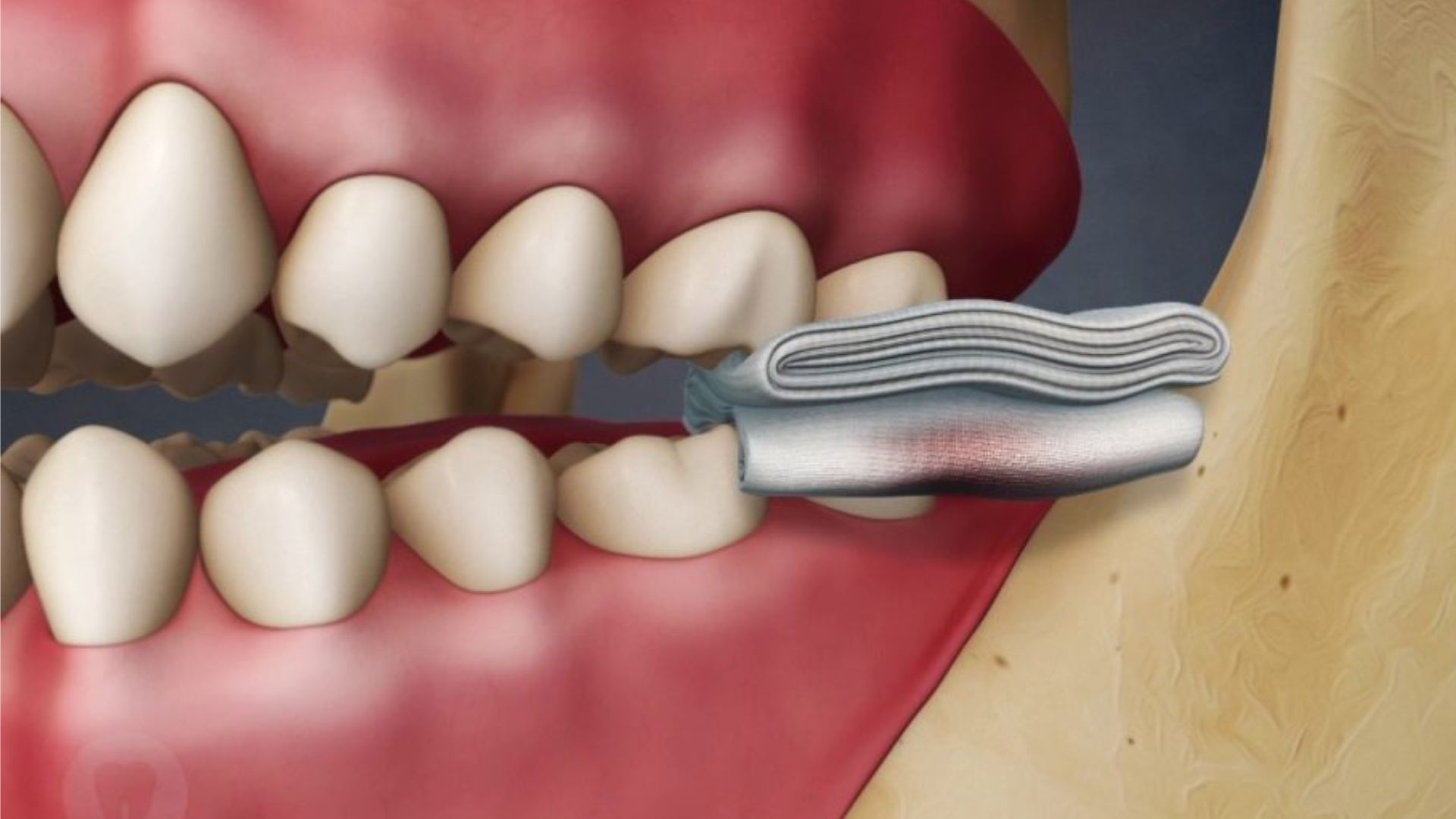Biting Cheek: Relieve Wisdom Teeth Pain

The agony of wisdom teeth pain is a rite of passage for many, but it doesn’t have to be a debilitating experience. Imagine being able to enjoy your favorite foods, speak without discomfort, and sleep through the night without the constant ache of impacted wisdom teeth. The journey to relief starts with understanding the complexity of wisdom teeth and the various methods to alleviate the associated pain.
The Anatomy of Wisdom Teeth Pain
Wisdom teeth, also known as third molars, typically emerge between the ages of 17 and 25. For some, these teeth come in without issue, but for many others, they can become impacted, meaning they don’t have enough room to come in properly or they grow in at an awkward angle. This impaction can lead to pain, infection, and damage to surrounding teeth. The pain from wisdom teeth can be categorized into several types, including:
- Dull ache: A constant, throbbing pain in the back of the mouth.
- Sharp pain: Sudden, intense pain when biting or chewing.
- Tenderness: Discomfort when touching the gums or teeth.
Navigating Relief Options
The path to alleviating wisdom teeth pain is not one-size-fits-all. It involves a combination of home remedies, professional dental care, and sometimes surgical intervention. Let’s delve into the various approaches:
- Over-the-counter pain relievers: Medications like ibuprofen (Advil, Motrin) and acetaminophen (Tylenol) can help manage pain and reduce inflammation.
- Saltwater rinse: A simple, yet effective method to reduce swelling and kill bacteria. Dissolve 1 teaspoon of salt in 8 ounces of warm water and swish it around your mouth for 30 seconds before spitting it out.
- Cold compress: Applying a cold, wet washcloth to the outside of your cheek near the aching tooth can help reduce pain and swelling.
- Soft food diet: Opting for soft, easy-to-chew foods like yogurt, scrambled eggs, and mashed potatoes can help minimize discomfort while eating.
Professional Intervention: When Home Remedies Aren’t Enough
While home remedies can provide temporary relief, persistent or severe pain often requires professional dental care. This can include:
- Dental examination: A thorough check-up to assess the position and health of your wisdom teeth.
- X-rays: Imaging to evaluate the extent of impaction and potential damage to surrounding teeth and bone.
- Prescription pain medication: In some cases, your dentist may prescribe stronger pain relievers.
- Antibiotics: If there’s an infection, antibiotics may be necessary to clear it up before any surgical procedures.
Surgical Options: The Last Resort
For many, the definitive solution to wisdom teeth pain is surgical removal. This procedure, known as wisdom tooth extraction, can be performed by a dentist or an oral surgeon. It’s usually done under local anesthesia, and in some cases, sedation may be offered to help you relax during the procedure.
Post-Surgery Care: The Road to Recovery
After having your wisdom teeth removed, it’s crucial to follow your dentist’s instructions to ensure proper healing and minimize the risk of complications. This includes:
- Resting: Avoid strenuous activities for a couple of days.
- Ice packs: Continue using cold compresses to reduce swelling.
- Soft foods: Stick to a soft food diet for a few days to avoid disrupting the healing process.
- Pain management: Use pain relievers as directed by your dentist.
Looking Ahead: Preventing Future Issues
While it’s not possible to prevent wisdom teeth from coming in, regular dental check-ups can help identify potential issues early. This proactive approach allows for planning and, in some cases, preventive measures such as early removal of wisdom teeth before they become problematic.
Frequently Asked Questions
How long does wisdom teeth pain last?
+Wisdom teeth pain duration varies. It can be constant, lasting for weeks or months until treated, or it can come and go. Professional evaluation is necessary to determine the cause and appropriate treatment.
Can wisdom teeth pain cause other symptoms?
+Yes, besides pain, you might experience swelling, bad breath, an unpleasant taste in the mouth, and difficulty opening your mouth. Sometimes, wisdom teeth issues can lead to sinus pain or pressure, especially if the roots of the upper wisdom teeth are close to the sinuses.
How much does wisdom teeth removal cost?
+The cost of wisdom teeth removal can vary widely based on factors such as the complexity of the procedure, the dentist or oral surgeon's fees, and your location. On average, the cost can range from a few hundred to several thousand dollars for all four wisdom teeth, with insurance often covering a portion of the expense.
Conclusion
Wisdom teeth pain, while common, doesn’t have to dictate your quality of life. By understanding the causes, recognizing the signs, and taking proactive steps towards relief, you can bite back against the discomfort and reclaim your smile. Whether through home remedies, professional care, or surgical intervention, the path to a pain-free life is within reach. Remember, your oral health is a cornerstone of your overall well-being, and addressing wisdom teeth pain is a significant step towards a healthier, happier you.

